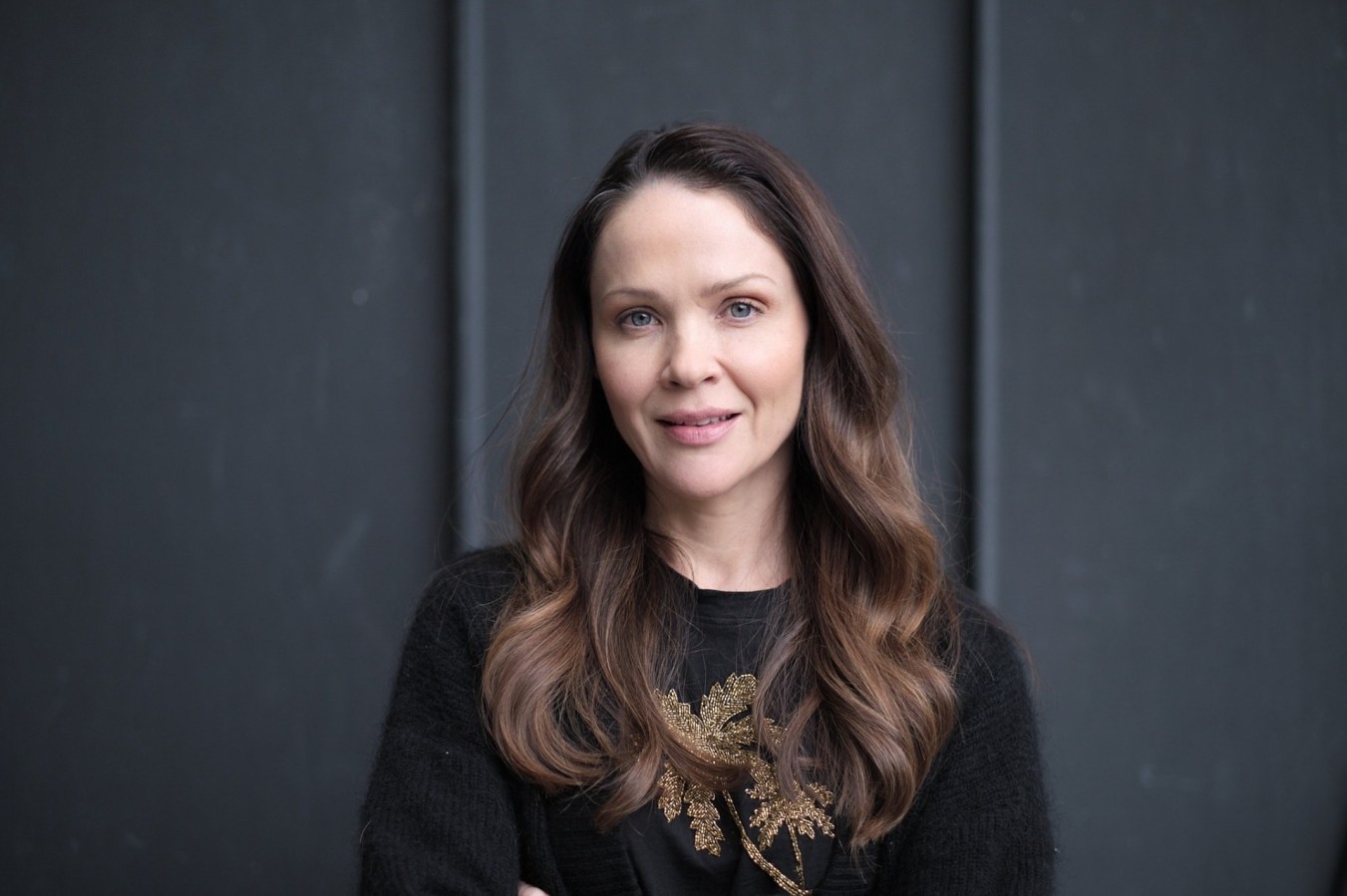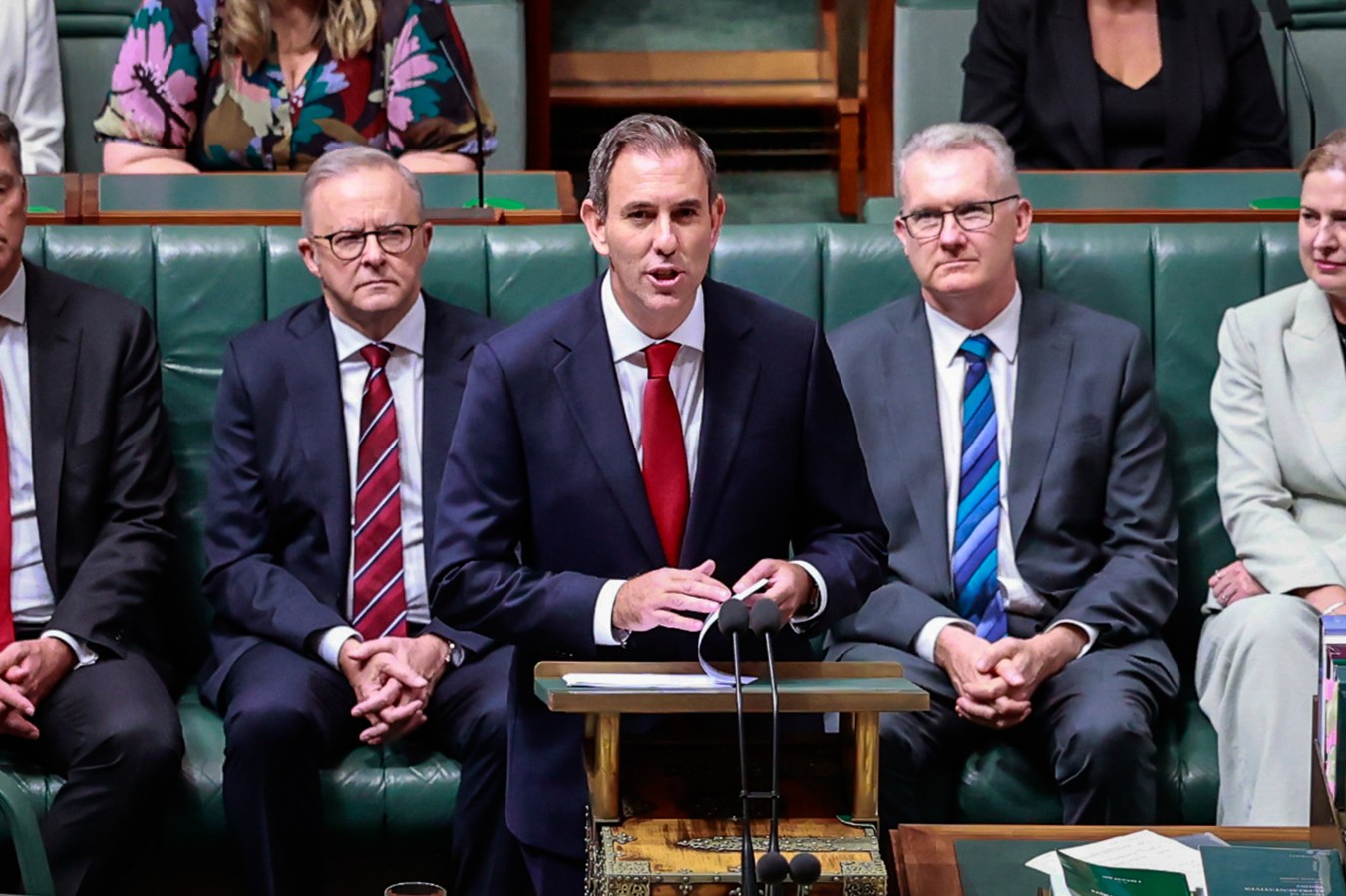New research shows that using AI to interview job candidates can reduce gender bias, leading to fairer outcomes for women.

Using artificial intelligence (AI) in the screening of job candidates increased the representation of women applying for jobs by more than 30% compared with those that used traditional methods, research led by Monash University Professor Andreas Leibbrandt, an ARC Future Fellow and Co-Founder of the Science of Diversity & Inclusion Initiative (SODI.org) has found.
Women account for just 27% of jobs in STEM (science, technology, engineering and mathematics) in Australia, and account for around a quarter of university students enrolled in science and technology degrees, according to the Federal Government’s STEM Equity Monitor. Not only is there a lack of women in these roles, but universities are also failing to adequately attract women to tertiary study in STEM-based fields.
Large Australian companies such as Woolworths, Qantas and Suncorp are using Sapia.ai’s AI technology to screen employees through a text-based interview in their recruitment process, which is leading to unbiased, more balanced results, Professor Leibbrandt says.
“AI is treated with apprehension, particularly in recruitment, but these findings show that a transparent and ethical AI system removes many of the barriers faced by women pursuing a career in technology,” Professor Leibbrandt says. “An 160% increase in the representation of women in the 90th percentile of evaluations is a clear indication that the use of AI could substantially change the landscape of gender in tech.”
The research showed a 33% increase in the applicant screening completion rate for women when it was disclosed that AI was used for evaluation. Providing evaluators with applicants’ AI scores closed the gender gap in assessments that otherwise disadvantaged female applicants, the study found. It also suggested that improved gender diversity was driven by women candidates’ assumption that there would be “less bias when AI versus human reviewers”.
“It is our goal to identify, accelerate, and apply new evidence-based approaches to advance diversity, inclusivity, and belonging,” he said. “We chose to collaborate with Sapia.ai because they have already demonstrated their intention to positively impact gender diversity across a wide range of industries with the use of chat-based interviewing and assessment.”

AI has no gender bias
Barb Hyman, Sapia.ai founder and CEO says her company wants to find a solution for the global tech industry – one of the worst sectors when it comes to embracing and encouraging gender diversity.
“In 2022, women made up just 27% of the workforce across STEM, which has dropped from 2020. Historically, women have found it very difficult to penetrate the world of technology, contending with high rates of bias. This needs to change now, and companies that don’t act on it will find themselves behind the curve.
“This research shows that an ethical AI system is capable of disrupting bias and removing many of the barriers women face to entering the technology workforce. If you hire based only on soft skills, behaviour traits, and cognitive ability, you will hire just as many women as you would men, if not more. Names, ages, genders, universities – they’re all irrelevant factors in deciding who is suitable for a role,” Hynam says.
Hynam says traditional resumés create a bias that we “cannot escape”. She says that past experience is not a useful indicator of on-the-job success, and when hiring managers can see names, they “employ the principles of mirror hiring”, or choose to employ people who look and think the same way they do.
“There is simply no reason that resumés need to be used for technology recruitment in 2023.”
Look back on the week that was with hand-picked articles from Australia and around the world. Sign up to the Forbes Australia newsletter here or become a member here.


